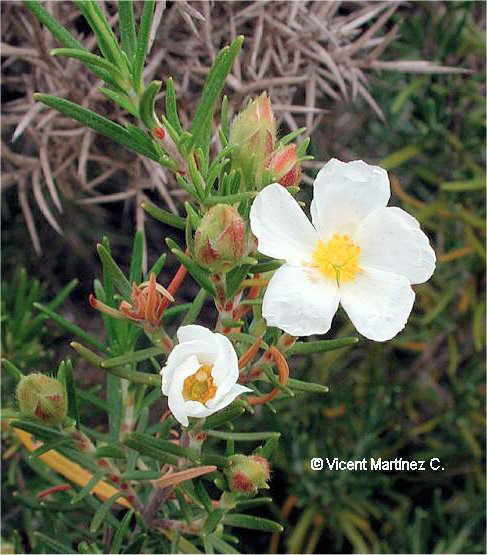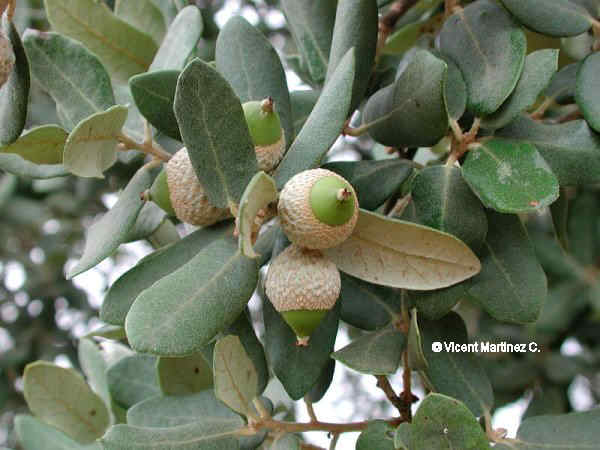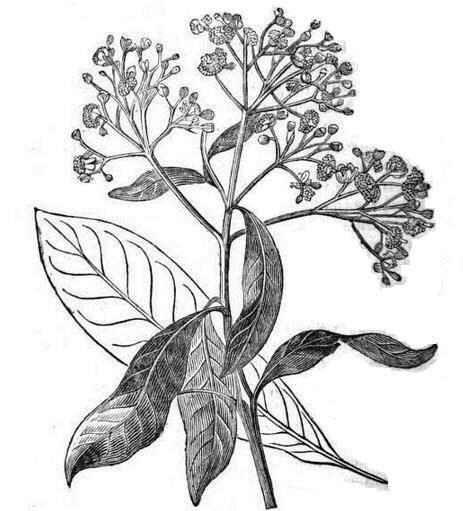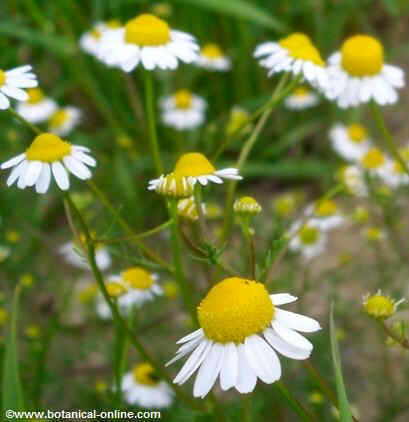Contents
- 1 Dangerous creams and beauty products contraindicated in pregnancy
- 1.1 Can you use creams during pregnancy?
- 1.2 What products can be more harmful?
- 1.3 Are daily hygiene products dangerous in pregnancy?
- 1.4 Cosmetic ingredients advised against during pregnancy
- 1.5 How to read the ingredients of a cream?
- 1.6 Creams contraindicated for pregnancy
- 1.7 Dyes for pregnancy
- 1.8 Creams for stretch marks on the breasts or belly
- 1.9 Are natural cosmetics better?
- 1.10 What contraindications exist with natural cosmetics?
- 1.11 Difference between essential oil and vegetable oil
- 1.12 Natural ingredients recommended and not recommended
- 1.13 Are dentifrices contraindicated in pregnancy?
Dangerous creams and beauty products contraindicated in pregnancy
Can you use creams during pregnancy?
There is very little information on the safe use of cosmetics in pregnancy. Certain components of creams, dyes, bronzers or other beauty products may be contraindicated during pregnancy by affecting the development of the fetus.
What products can be more harmful?
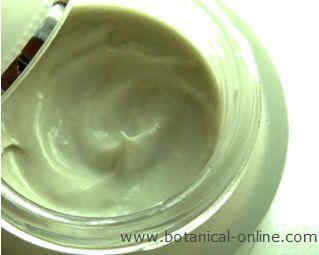
More attention should be paid to those products that are applied and not removed, mainly:
- Creams (facial and body)
- Bronzers
- Especially hair dyes or treatments such as keratin.
As a precaution it is recommended to use these products from the 2nd trimester of pregnancy (when the fetus is a little less vulnerable), or even better, if possible, avoid them during pregnancy.
Are daily hygiene products dangerous in pregnancy?
Soaps, shampoos or depilatory products, in general, have less concern due to their shorter time on the skin and poor absorption.
Due to the enormous diversity and different formulation of existing products in the market, it is difficult to establish safe recommendations for the entire population, so personalized medical advice is recommended.
Cosmetic ingredients advised against during pregnancy
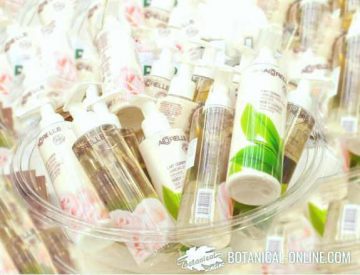
Cosmetic products contain substances that may be susceptible to unwanted effects in pregnancy, among which are parabens, tretionin, hydroquinone, phthalates, etc. Some of these substances have toxicity, and others act hormonally (endocrine disruptors). Only by reading the labels can we find out if the products contain these ingredients.
How to read the ingredients of a cream?
Most people are not familiar with International Nomenclature Cosmetic Ingredient or INCI (cream ingredients) and for this reason it is very difficult to clearly identify the presence or absence of these components in a product. It is advisable to use natural remedies suitable for pregnancy or seek advice from an expert.
Creams contraindicated for pregnancy
Prescription creams, such as those used for acne, hair loss or even vaginal fungus, contain corticosteroids or fungicides and should be avoided during pregnancy. The doctor is the only one who can prescribe them, in cases that require it, and only those considered safe in pregnancy.
A natural and safe alternative to creams is the use of aloe vera (Aloe vera). Aloe gel is rich in mucilages that hydrate the skin. (It should not contain the acibar, which is abortive)
Dyes for pregnancy
Many dyes contain ingredients of doubtful safety in pregnancy. As a precaution it is recommended to avoid them or use them only after the second half of pregnancy. Another option is to use natural henna dyes, possibly safer (Some types of henna contain para-phenylenediamine (PPD) and are also not suitable).
Creams for stretch marks on the breasts or belly
One of the most common remedies in pregnant women is to apply anti-stretch marks creams in the breasts. In the breasts there is an adipose tissue that will be used by the body to produce breast milk.
The usual use of creams “full of chemicals” on the breasts is not recommended due to the possible absorption that may occur and to avoid the presence of these components in the mother’s body or in future nursing baby. It is better to apply pure rosehip oil.
Are natural cosmetics better?
Natural cosmetics, whether homemade from plants and oils, or organic or with a Bio certificate, are marketed as supposedly better options than conventional cosmetics. These are products made with natural ingredients that are considered safe or safe for people and the environment (eg, parabens are avoided). However, these cosmetics are not totally free of contraindications.
What contraindications exist with natural cosmetics?
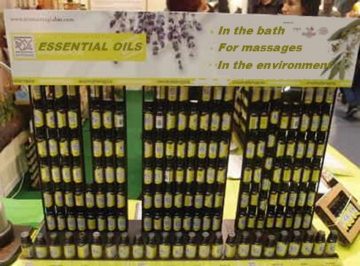
First of all, not all creams that are marketed as “natural” really are. Under the natural name “conventional” products can be hidden with parabens or unwanted ingredients.
Only products that contain 90% organic or bio ingredients are natural cosmetics, that is, 90% are plants that have been organically grown (aloe, olive oil, mosqueta, shea, etc.). This does not mean that organic creams cannot use chemical preservatives, necessary to prevent the product from deteriorating or being contaminated by bacteria.
The main problem of natural creams for pregnancy is if they contain essential oils, which are not 100% safe during pregnancy and some of them are directly contraindicated. Products labeled as “hypoallergenic” often avoid the use of essential oils.
Difference between essential oil and vegetable oil
Do not confuse essential oils with vegetable oils. These seconds are not contraindicated. That is, the ingredients that should be AVOIDED are essential oils with plants, such as rosemary essential oil, rue oil, cinnamon essential oil, orange essential oil, ylang ylang, etc. On the other hand, you can use rosehip oil, olive oil, sweet almonds oil, etc.
Natural ingredients recommended and not recommended
The products that can be used are pure vegetable oils, such as olive, sunflower, shea, jojoba, mosqueta, etc.
Again, attention should be paid. Many creams indicate that they contain these oils, but they can also incorporate other unwanted ingredients. For this reason pure vegetable oils are recommended, which also have more potent properties.
Are dentifrices contraindicated in pregnancy?
Almost all dentifrices contain essential oils to give them aromas ( mint, eucalyptus …) In principle, there is no express contraindication, since the toothpaste is not ingested. Idem for shampoos.
The greatest precaution is with hair dyes, creams and foods. That is, products with prolonged exposure, susceptible to being absorbed by one route or another (skin, digestive, …).
Remember that the amount of toothpaste that should be used is small, as a pea is enough.
![]() More information on stretch marks
More information on stretch marks

